Meet Brigitte Baptiste:
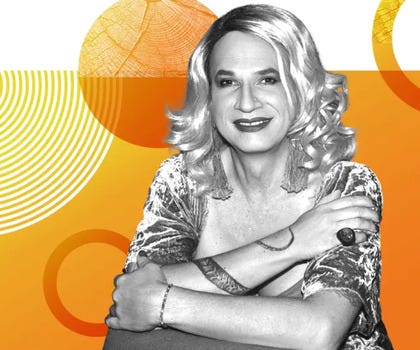
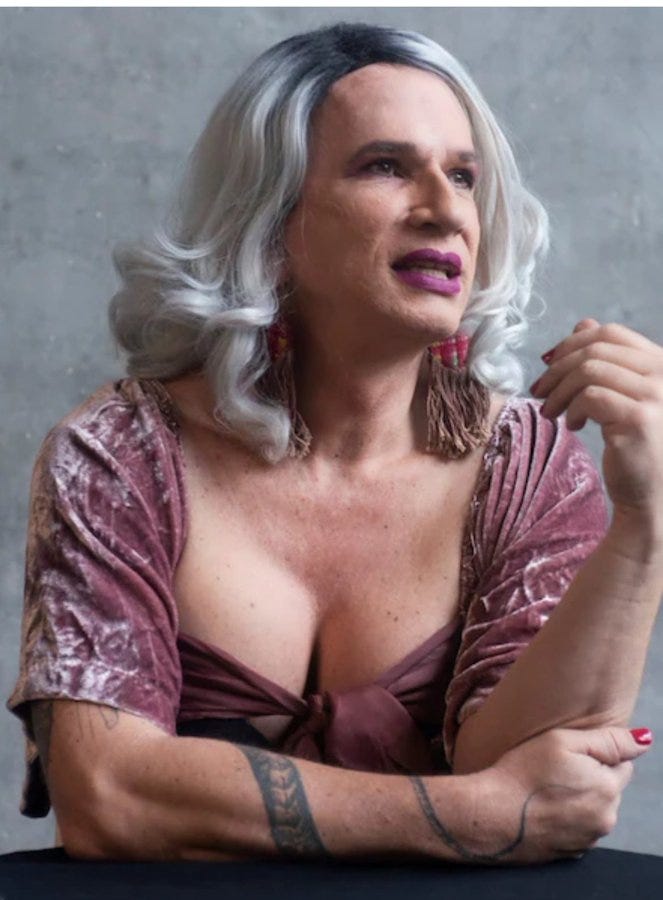
Brigitte Baptiste, Colombia
Ecologist
As a transwoman biologist, Brigitte Baptiste explores the common patterns between biodiversity and gender identity.
She uses a queer lens to analyse landscapes and species in a bid to expand the notion of ‘nature’ to better protect ecosystems. In her 2018 TEDx talk, she used the Quindío wax palm, Colombia’s national tree, as an example of how “the change of sex and gender has been regularly reported by science” across the lifetime of species.
A renowned academic, Baptiste spent 10 years as director of the Alexander von Humboldt Institute and currently serves as president of Universidad EAN in Bogota, a higher-education institution focused on sustainable entrepreneurship.
She has also campaigned for better funding to get more LGTBQ+ people into higher education.
Meet Brigitte Baptiste without the help of a professional make-up artist, carefully placed lighting & filtered lense?:
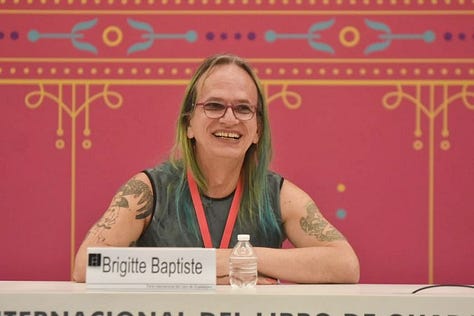
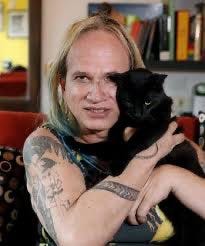

What is 100 Women?
BBC 100 Women names 100 influential and inspiring women around the world every year. We create documentaries, features, news articles and interviews - stories that put women at the centre and are published and broadcast on all BBC platforms.
Follow BBC 100 Women on Instagram and Facebook. Join the conversation using #BBC100Women.
How were the 100 Women chosen?
The BBC 100 Women team drew up a shortlist based on names gathered through research and suggested by the BBC's network of 41 World Service Languages teams, as well as BBC Media Action.
We were looking for candidates who had made headlines or influenced important stories over the past 12 months, as well as those who have inspiring stories to tell or have achieved something significant and influenced their societies in ways that wouldn't necessarily make the news.
A pool of names was also assessed against this year's theme of resilience. We wanted to acknowledge the toll this year has taken on women around the globe by selecting those who – through their resilience – are pushing for change and improving lives at community or global level. We also assessed names of women working in the field of climate change, from which a group of climate pioneers and other environmental leaders were selected.
We have represented voices from across the political spectrum and from all areas of society, and explored names around topics that split opinion.
The list was also measured for regional representation and due impartiality before the final names were chosen. All women have given their consent to be on the list.



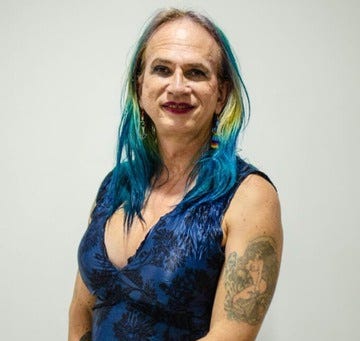
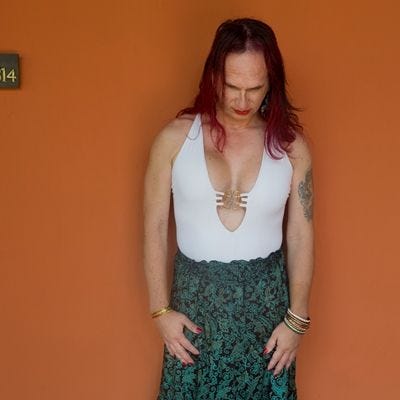
Stop giving the BBC any traction ...
If nobody watches them , they have no value ...
BBC has betrayed us once again